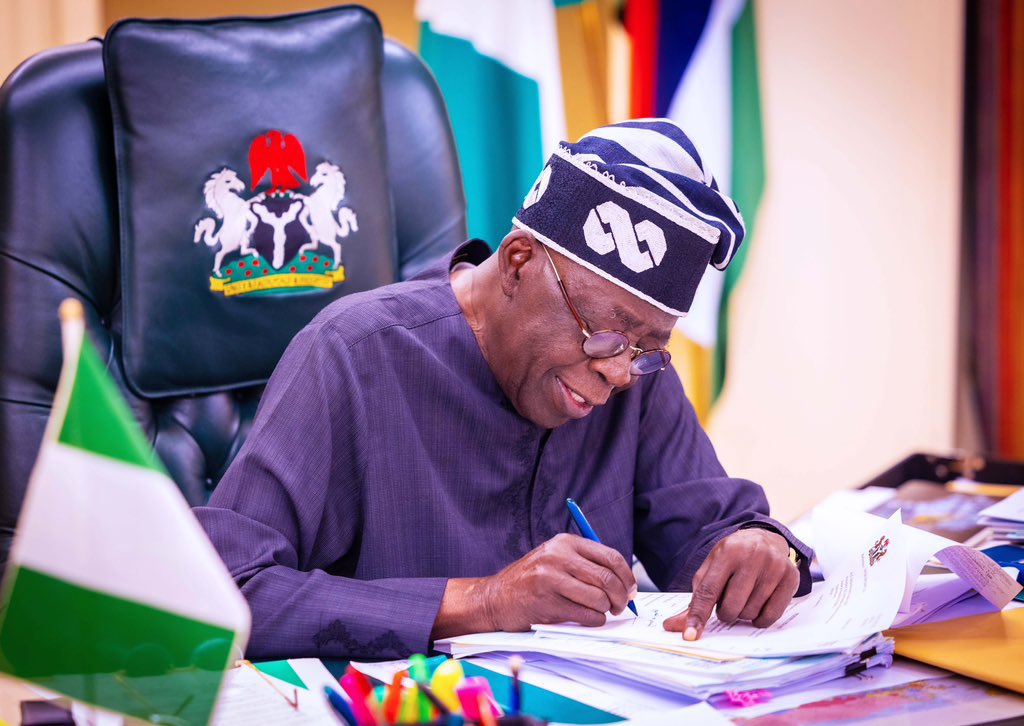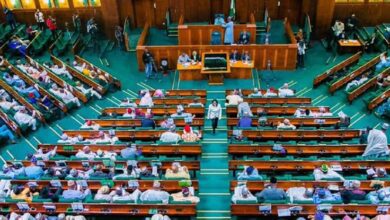IOM Suspends Voluteers Following Allegations Of Aid Diversion In Borno

The International Organization for Migration (IOM) has suspended two members of a third-party support team after investigating allegations of fraudulent activities in a cash distribution project in Bama, North East Nigeria.
The statement from the IOM was released on Monday, and published by security analyst and counter insurgency expert, Zagazola Makama, on his X handle.
Zagazola had, earlier this month, published an exposè on how fraud and corruption were undermining humanitarian efforts by International Non-government Organisations (INGOs), which prompted the launch of an investigation by the United Nations.
The multi-purpose cash assistance programme (MCAP) is managed by IOM and Mercy Corps to support a thousand people displaced by the Boko Haram insurgency in Borno State and promote sustainable living solutions.
After irregularities were noted during the cash programme’s distribution phase from November 2023 to January 2024, a joint investigation was launched. Although IOM compiled a beneficiary list and distributed tokens for cash assistance, it was later discovered that 83 originally listed IDPs had left the camp to host communities, leaving their tokens unclaimed.
An IOM volunteer allegedly distributed 50 of the abandoned tokens to non-newcomer IDPs in an illegal scheme, directing the undeserving beneficiaries to return up to 90 per cent of the cash received.
Mercy Corps, responsible for verifying recipients before cash distribution, provided each beneficiary with ₦91,030. However, some disgruntled IDPs reported that they were instructed to return between ₦70,000 and ₦86,000.
After learning about this, a councillor from Bama Local Government Area, Abdulrahman Busube, initiated an investigation. A volunteer aid worker implicated in the scheme was caught with 42 yet-to-be-distributed tokens and ₦600,000 cash, insisting that she was following the orders of an IOM staff member (name withheld), who was responsible for the programme. The IOM staffer denied involvement.
Modu Ali-Gujja, chairman of Bama local government, demanded a thorough investigation after the money was retrieved.
It was confirmed that IOM’s inquiry team visited Bama on Feb. 26, meeting with camp officials to understand the issue better. An emergency meeting at the UN Humanitarian Hub in Bama followed, which included camp officials, SEMA staff, and representatives from IOM and Mercy Corps, as well as virtual participants from Maiduguri.
Grace Ndungu, the African Media and Communications Manager for Mercy Corps, acknowledged the allegations in response to an email from HumAngle earlier in March, and stated that Mercy Corps has “temporarily suspended all cash transfer and voucher activities in Bama, pending the outcome of the investigation.”
Ndungu emphasised that Mercy Corps prioritises ensuring aid recipients receive the intended support and maintaining programme integrity, and noted all funds had been recovered and would be distributed as planned.
She said the organisation adheres to a zero-tolerance policy towards fraud and corruption, requiring all team members and partners to follow a strict code of conduct, which includes immediate reporting of any suspicions of fraud, theft, or corruption.
“Our programmes are designed to uphold the highest standards of accountability and transparency. Any alleged diversion of humanitarian aid will be thoroughly investigated, and appropriate action will be taken swiftly afterwards,” Ndungu stated.
The organisation subsequently clarified that its investigations revealed that the whistleblower had mistakenly identified the culprit as a Mercy Corps. Instead, the person was a “Camp Coordination and Camp Management volunteer for IOM”.
In a phone interview, the IOM Chief of Mission in Nigeria, Laurent De Boeck, acknowledged the occurrence of fraudulent activities in the cash distribution project.
“We discovered discrepancies; the list was not being adhered to, and unauthorised names were added,” he said. This anomaly in protocol meant that cash assistance was reaching the hands of individuals not originally intended to receive it.
“Upon receiving complaints, we took immediate action,” he added.
The organisation halted the distribution of funds and engaged with the Local Government to root out the misappropriated funds.
De Boeck further disclosed that “two individuals from our third-party support team were suspended and others were summoned to Maiduguri by the government for further investigation,” which led to a brief suspension of the aid programme.






